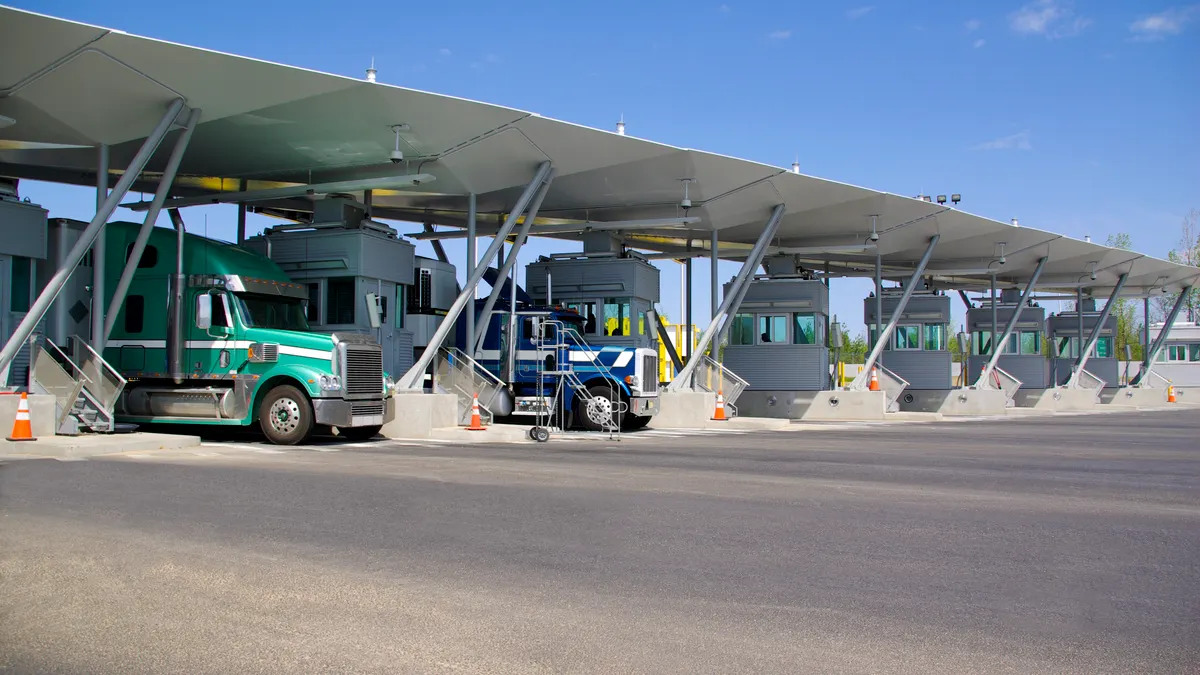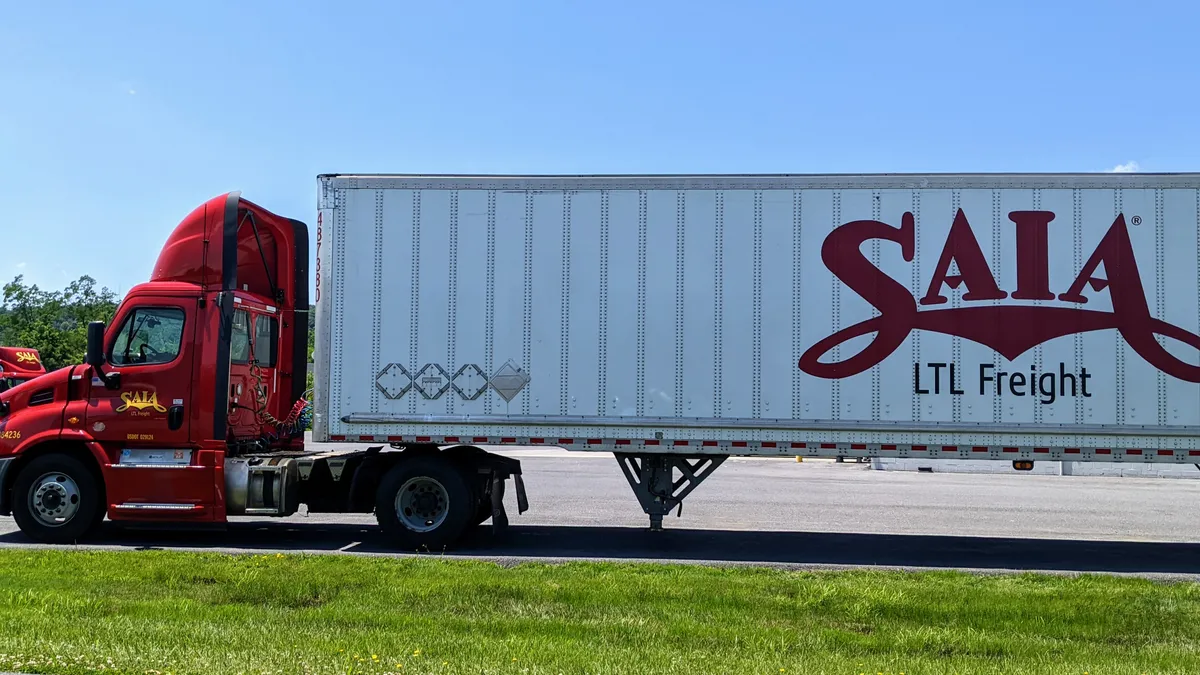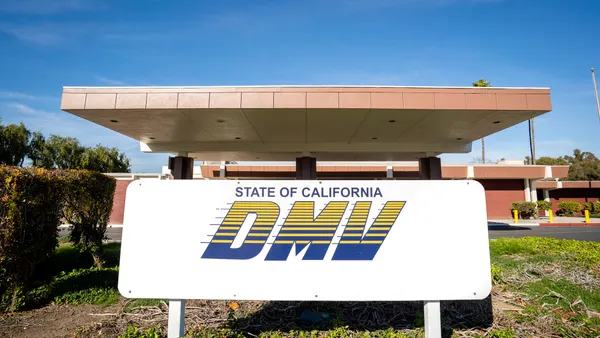For Newark, New Jersey-based American Cargo Enterprise, a new independent contractor rule is creating an air of uncertainty and a difficult transition.
The new classification rule means owner-operators could be considered employees, President Kevin Persaud told Trucking Dive. The business is hopeful that lawsuits could reverse the federal rule, which took effect March 11, but it’s preparing for the worst.
American Cargo Enterprise estimates costs to switch drivers over to employees would be 30% to 40% higher, which would be unsustainable, Persaud said.
But with nearly all of the company’s drivers being owner-operators, they’ve already begun transitioning, he said.
The new regulation establishes six factors to consider:
- Whether a worker has the opportunity for profit or loss — and how management influences this
- The extent to which a worker or employer makes investments in work tools and what that says about entrepreneurship
- How permanent the work relationship is
- The potential for an employer to exert control over a worker, such as by setting a schedule or limiting a person’s ability to work for others
- Whether the work is integral to an employer’s business
- Whether the work uses specialized skills and “contributes business-like initiative”
Additional factors can also be considered, according to the rule.
Fleets should think of the six factors as a scorecard, looking at the combination of factors for a classification, Paul Torlina, counsel for the Owner-Operator Independent Drivers Association, told Trucking Dive.
The organization has advised its owner-operator members that it doesn’t expect the new rule to deviate from decades’ worth of case law. If someone was able to work as an independent contractor or employee, or hire independent contractors or employees, as they preferred before 2021, then they should be able to do the same under this rule, Torlina said in an email.
The new test replaces a 2021 rule that called for two core factors to affect classifications: the nature and degree of control over the work and the worker’s opportunity for profit or loss based on initiative and/or investment. Three other factors served as additional guideposts.
But the switch has created confusion for multiple parties.
“The 2021 rule was very straightforward,” Pennsylvania Motor Truck Association President and CEO Rebecca Oyler said. “When you make things complicated and difficult to understand, it's especially a problem for smaller businesses that don't have the legal staffs that bigger businesses have.”
The new rules have frustrated not only trucking businesses but also owner-operators. “If an independent contractor does not want to be an employee, they have no choice,” Oyler said. "They can't opt out of it."
Meanwhile, challenges have mounted, including multiple lawsuits that are attempting to reverse the 2024 rule, including a case involving the American Trucking Associations.
In another case, a group of three trucking firms, a moving and storage business, and a statewide motor transport group sought relief in the form of a preliminary injunction, but a federal district court in Louisiana denied that request March 8.
Additionally, a congressional move to rescind the rule has also begun, but it would require majority votes from both chambers to reach the president’s desk.
For now, the new rules are creating uncertainty, according to Lisa Yakomin, president of the Association of Bi‑State Motor Carriers, representing businesses serving the Port of New York and New Jersey.
“At this point, no one knows exactly how the Department of Labor plans to enforce the new rule,” Yakomin said in an email. “So the best advice we can give to our members is to do everything they possibly can to meet all of the factors and reduce their risk of being accused of misclassification.”












